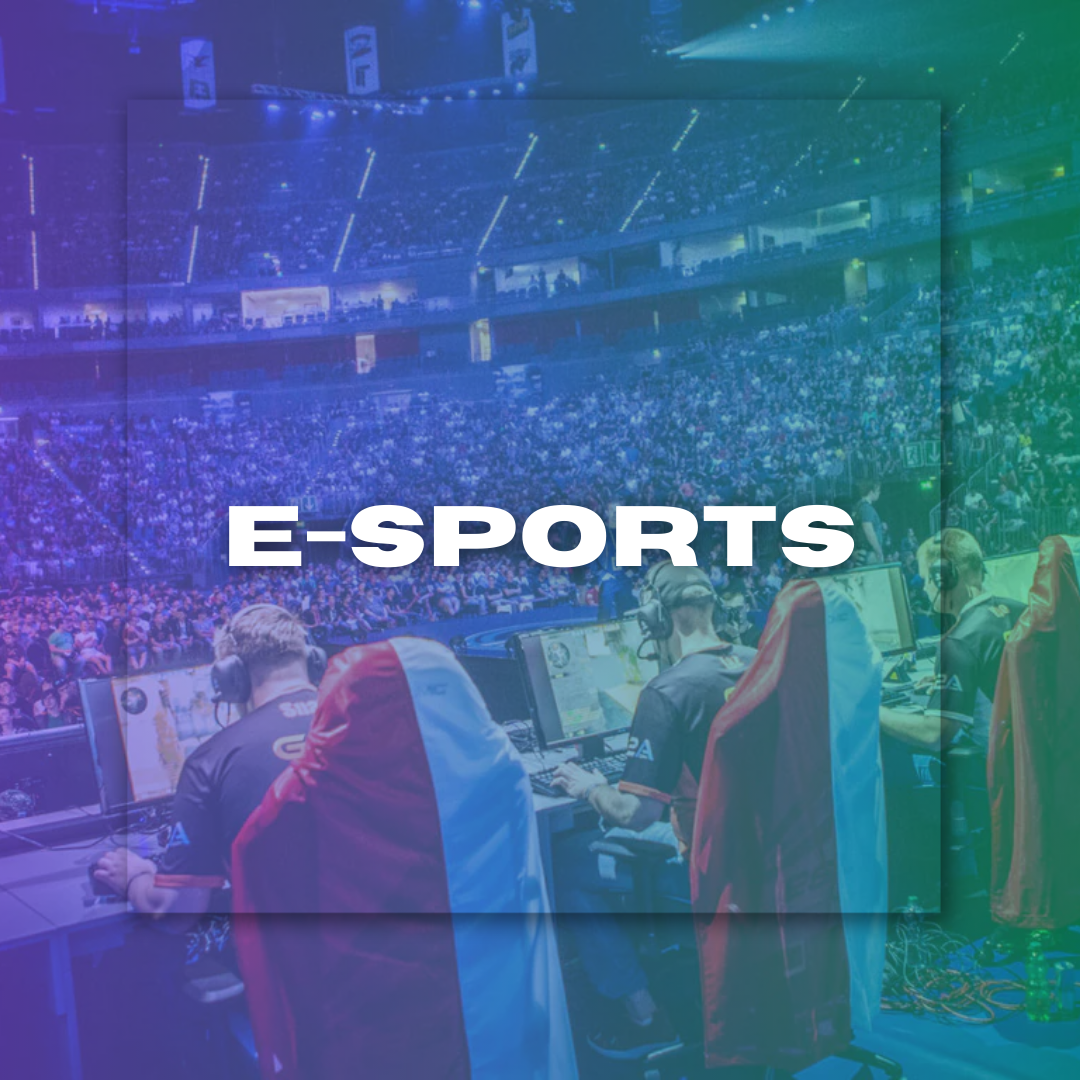
Do Paralympic Athletes Receive Compensation?
Do Paralympic Athletes Receive Compensation?
By Edcel Panganiban August 13, 2024 23:32
The Paralympic Games more than display the abilities and fortitude of athletes with disabilities; however, behind those big efforts are several financial challenges. This piece will delve into the financial scene of elite disabled athletes, focusing on what kinds of compensation are out there or not paying close attention and disparities between Paralympic and Olympic competitors while looking at barriers facing these peers in creating sustainable finances as well as initiatives trying to make life better for them.
Salaries and Stipends
Salaries: A few select Paralympians may be awarded salaries from sponsors or sports organizations, although this is less common and usually only if they gain significant notice or success. However, their salaries are generally minuscule compared to those who compete at the Olympics.
Athlete Stipends: Many sports organizations receive funding from national governing bodies to provide stipends for athletes. Stipends can be used for travel, lodging, and equipment expenses but are rarely sufficient to meet the athlete's financial needs.
Sponsorships and Endorsements
Paralympic athletes, in general, have fewer sponsorship opportunities than their Olympian counterparts. Although some Paralympians can secure more sponsorship to make a lot, many have complained that they do not receive the media attention as able-bodied athletes. Many athletes in this group have to subsidize their own activities with personal savings, part-time jobs, and small grants for training needs.
Grants and Financial Aid
Several organizations and foundations provide grants to Paralympic athletes. Nonetheless, the availability and level of funding can vary greatly from country to country. Information about athletes may be available in some places, but not many venues for disabled athletes, or such information does exist, probably minimally so.
Healthcare Coverage
For Paralympic athletes, however, healthcare coverage is yet another key area of financial support. Athletes who have suffered injuries may need medical care, ongoing rehabilitation, and specific equipment, all of which generate costs. Some countries provide healthcare benefits as part of their athlete support programs, but this is not an option for all athletes, which has resulted in inappropriate care.
Paralympic vs Olympic Athletes: The Differences
The Paralympic athlete follows a different road to glory that doesn't line their bank with Olympic gold. Key differences include:
Assistance: Most athletes require assistance with wheelchairs, staff, or equipment. This difference thus results in an average Paralympian earning a lot less through victory compared to Olympic athletes, which can make building up any salaried career within the sport almost impossible.
Sponsorship Levels: Olympians generally receive better sponsorship opportunities due to their greater exposure and media attention. By comparison, Paralympians often struggle to find sponsors and have significantly fewer financial resources.
Governmental Support: Monetary backing from the government and sports agencies varies greatly. The amount of funding provided for Paralympic athletes in some countries is substantial, while in others, it ranges from little to nothing, creating huge discrepancies in the financial security of athletes from varying regions.
Problems and financial support barriers
The problems the Paralympic athletes have with trying to get financial backing is outrageous:
Sponsorship Opportunities are Limited
This low media transportation and public awareness around Paralympic sports provide fewer sponsorship opportunities. This makes it difficult for firms to sponsor disabled athletes, as many would be wary of their relatively insecure financial status.
Adaptive Equipment is Often Very Expensive
They will pay for adaptive sports equipment, which is personalized and costly compared to regular sporting gear. Even worse, they'll likely need a variety of adaptive gear for different sports, leaving them struggling to pay the bills. The continued care and upgrade of this equipment also raise the added expense, further pushing athletes to find a way to handle their money effectively.
Travel Expenses
Paralympians frequently have to travel for competitions, training, and qualification events. This burden is even greater for people with disabilities who have additional costs associated with accessible travel, meaning that those on low incomes will suffer disproportionately.
Career Transition Challenges
Paralympians often face difficulties transitioning to full-time jobs afterward because many have spotty employment histories, and their athletic careers may affect their physical abilities. If Paralympians do not have the right support and resources, retiring from their sport may play financial havoc on them and prevent them from finding new jobs. For this reason, programs providing education, vocational training, and career guidance specific to Paralympic athletes are important in assisting the athlete with a successful transition.
Compensation Comparatively to Different Countries and Sports
Funding for Paralympic athletes is very different from that in countries like the U.K. or according to sports. For example:
Brazil: The Brazilian government has introduced the Agnelo Piva Law, which channels funds taken from federal lotteries to the development of athletes under the control of the Brazilian Paralympic Committee. This funding has also established training programs and national scholarships for high-level athletes.
United States: Funding for the United States comes through the U.S. Olympic and Paralympic Committee, which can provide financial support, but it won't be at the levels sometimes given to Olympic counterparts. This discrepancy in funding presents challenges for athletes who hope to compete on the world stage.
Europe: Several European countries support Paralympic athletes through government grants and sponsorship schemes. Nevertheless, the level of support is uneven, and disparities between athletes from different countries are stark.
Efforts and Economic Support Programs
There are several initiatives and programs designed to improve the financial landscape for disabled athletes, including:
Awareness Campaigns and Advocacy
Among the advocacy efforts is how to raise awareness for how disabled athletes are being marginalized in funding and sponsorship.
Financial Literacy Education
Through programs that emphasize financial literacy, Paralympic athletes can become more adept at managing earnings and securing a better future for themselves. Managing money properly is the key to financial control for athletes as they develop their needs and sponsorship.
Government Policies
One key requirement that governments must address is policies recommending equitable financial support for Paralympic athletes. That means, among other things, working to get more money from government agencies or sports organizations to help equalize funding between Paralympic and able-bodied Olympic-level athletes.
For Paralympic athletes, the financial picture is far more complex and manifesting many challenges. Although there are different types of compensation and assistance, huge differences remain between Paralympic and Olympic athletes. States, sports bodies, and society will have to combine forces for sufficient funding mechanisms to be implemented so that elite athletes with disability can make this sacrifice toward successful long-term sports careers.
LATEST
- NEWS
- |
- ARTICLES
- |
- VIDEOS






















































































